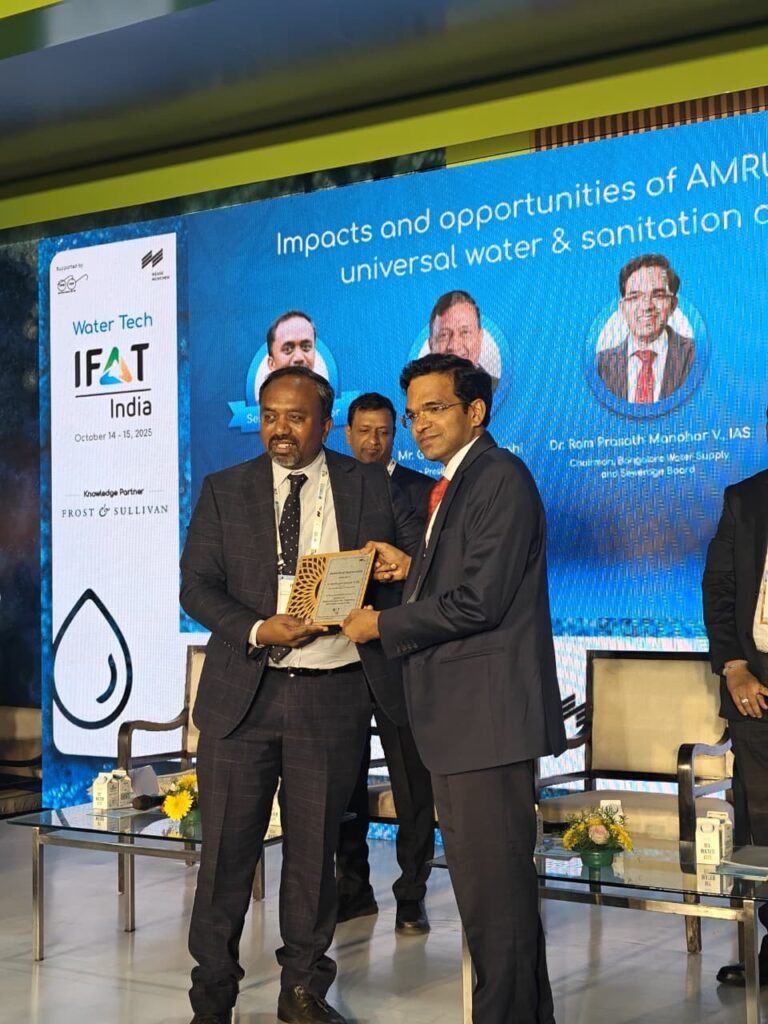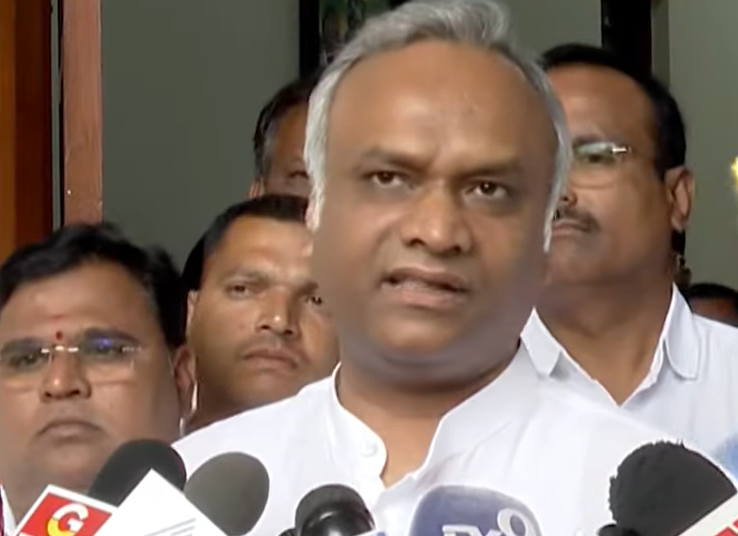New Delhi, Feb 1 (PTI) Experts on Thursday gave a thumbs up to the Centre’s plans like setting up more medical colleges by utilising the existing hospital infrastructure and encouraging cervical cancer vaccination among girls, saying that these demonstrate a holistic commitment to health.
Presenting the interim Budget for 2024-2025 in Parliament earlier on Thursday, Union Finance Minister Nirmala Sitharaman said the government plans to set up more medical colleges by utilising the existing hospital infrastructure and will form a committee to examine the issues and make relevant recommendations.
Among other announcements, the minister also said the government will encourage vaccination against cervical cancer for girls in the 9-14 age group and that healthcare cover under the Ayushman Bharat insurance scheme will be extended to all ASHA and Anganwadi workers and helpers.
In her address in the Lok Sabha, Sitharaman also said the newly designed U-WIN platform for managing immunisation will be rolled out expeditiously across the country.
WHO representative to India Dr Roderico H Ofrin said the initiatives announced by the government will help strengthen healthcare services across the country.
“The initiatives announced today, including upgrading existing hospital infrastructure to increase medical colleges, harmonisation of maternal and child care implementation, introduction of HPV vaccination for cervical cancer prevention and the expansion of the U-WIN platform across for managing and intensifying immunisation, will further strengthen systems and healthcare services across the country,” Ofrin said.
“The WHO welcomes investments in these areas and will continue to support the government of India in achieving health for all and meeting its disease elimination goals,” he stated.
On the extension of healthcare coverage to ASHA and Anganwadi workers under Ayushman Bharat, Ofrin underlined that these people are at the forefront of health and care delivery at the grassroots level.
Serum Institute of India (SII) CEO Adar Poonawalla also hailed the government’s announcements.
“I applaud the announcement to vaccinate girls aged 9-14 against cervical cancer. Let’s pledge to prevent HPV (Human Papillomavirus) and ensure easy access to vaccination.
“Extending health cover for ASHA and anganwadi workers, setting up more medical colleges and streamlining maternal and child healthcare schemes demonstrate a holistic commitment to health,” he said in a post on X.
Dr Prathap C Reddy, chairman of Apollo Hospitals, welcomed the decision to augment medical education, saying with a rise in the disease burden globally and the acute shortage of trained health manpower, India is well positioned to “heal the world” by harnessing its youth.
“With women-led development as the way forward for India, the numerous initiatives including integration of maternal and child care programmes, extending the cover of Ayushman Bharat scheme for ASHA and Anganwadi workers, the Saksham Anganwadi and Poshan 2.0 initiative aimed at improving nutrition, and thrust to inoculate young girls against cervical cancer, demonstrate our unwavering commitment to the well-being of India’s daughters,” he said.
He, however, expressed concern over the growing threat of non-communicable diseases (NCDs) and urged the government to consider increasing the tax exemption for preventive healthcare.
Dr Girdhar Gyaani, founder-director of Association of Healthcare Providers (India), said the inclusion of ASHA and Anganwadi workers and helpers under the Ayushman Bharat scheme will strengthen the backbone of India’s healthcare system.
“We also commend the government’s visionary steps to fortify the healthcare infrastructure by establishing more medical colleges and leveraging existing hospital facilities. The creation of a dedicated committee to address related issues is a strategic move that aligns with our shared commitment to continuous improvement,” he said.
Abhishek Kapoor, CEO, Regency Hospital, said the announcement is a recognition of ASHA and Anganwadi workers’ “invaluable contribution to community health”. This step not only safeguards their well-being but also strengthens the foundation of our healthcare system, he said.
Sugandh Ahluwalia, chief strategy officer of Indian Spinal Injuries Centre, New Delhi, said, “The paramount importance lies in capacity building within the realm of public health. A robust focus, particularly through the creation of more medical colleges in the country, is crucial.” Fortis Healthcare MD and CEO Dr Ashutosh Raghuvanshi said the 2024-25 interim Budget takes a “forward-looking approach to healthcare”.
“Establishing a committee to expand medical colleges within the existing hospital infrastructure addresses the shortage of healthcare professionals and strengthens medical education. Additionally, the initiative to combat cervical cancer through HPV vaccination for girls aged 9-14 in six states is proactive in disease prevention,” he said.
Furthermore, the introduction of the U-WIN platform for immunisation management, combined with intensified efforts like Mission Indradhanush, demonstrates a technology-driven approach to vaccination, Raghuvanshi said.
Dr Sunny Jain, senior consultant and head of oncology department, Marengo Asia Hospitals, said, “The cervical cancer vaccine prevents and guards the women against the HPV virus-induced carcinoma cervix. We are happy that the government is making strong efforts towards cancer prevention and has encouraged cervical cancer vaccination for girls between 9 and 14 years of age.” Probal Ghoshal, executive chairman, Ujala Cygnus Group of Hospitals, said the government’s commitment to enhancing the healthcare infrastructure through the establishment of more medical colleges and by utilising existing hospital infrastructure is a commendable step towards bolstering the nation’s healthcare capacity. PTI KND PLB SLB DIV DIV






